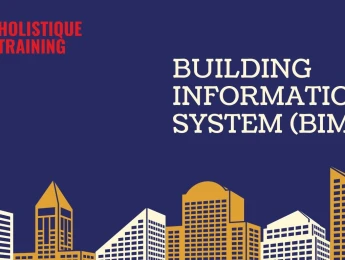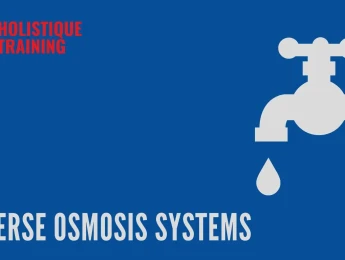For any business, it is crucial to have an understanding of market demands to ensure services or products can meet customer needs. Utilising IT demand management is an effective way of accurately predicting demands and preparing for them internally. Without demand management, a business would be at a higher risk of failure to meet demands.
Demand management involves multiple business areas, including capacity, availability and service continuity management. Each factor strongly influences the organisation's efficiency, and all rely on one another to provide excellent service. Availability management is the process of analysing and improving the use of IT to ensure all services remain fully available. This goes hand in hand with capacity management, which maximises the business’ production at all times.
Furthermore, a business also requires competency in service and security management. IT service management ensures end-to-end delivery of IT services to the customer, and security management ensures all business and customer data remains completely safe and confidential.
These demand management processes exist to guarantee efficient working practices and allow a business to stay on top of new IT demands externally and internally.
Upon completion of this course, participants will be able to:
- Understand the role of planning and optimisation within an organisation.
- Define key processes, including capacity, availability and service continuity management.
- Assess the importance of effective service design.
- Evaluate the need for different departments within an organisation.
- Monitor market trends to prevent the business from falling behind.
- Utilise IT systems to ensure continuous improvement.
- Implement necessary security measures to preserve organisation data.
- Examine the advantages and disadvantages of using advanced technology.
- Effectively innovate, create detailed action plans and implement changes.
- Review the service lifecycle and how each role with IT influences productivity.
This course is designed for anyone responsible for managing IT demands within an organisation. It would be most beneficial for:
- Availability Managers
- Security Managers
- Control and Operation Personnel
- Security Administrators
- Capacity Managers
- Operations Managers
- IT Professionals
This course uses a variety of adult learning styles to aid full understanding and comprehension. Participants will review case studies of established organisations to highlight key factors included in their service, availability and capability management plans.
They will be supplied with all the necessary tools to carry out the learning exercises. Through a combination of seminars, group discussions, and case studies, the participants will gain a full understanding of the taught content. They will also have the opportunity to create their own management plans in relation to their respective roles under the guidance of experienced professionals.
Day 5 of each course is reserved for a Q&A session, which may occur off-site. For 10-day courses, this also applies to day 10
Section 1: Planning and Optimisation
- Defining planning and optimisation management.
- The value that planning holds within an organisation.
- Methods of effective planning.
- Creating SMART objectives to highlight business goals.
- Establishing action plans detailing the full change process, including post-implementation monitoring.
- The vitality of ensuring optimisation for productivity.
- Consequences of poor planning.
Section 2: Capacity Management
- The purpose of capacity management.
- Reviewing the role and principles of capacity management.
- Ideal capacity management techniques for maximum efficiency.
- Process engineering for end to end process flow.
- Managing design components, strategies and operational activities.
- Aligning efficiency with business management values.
Section 3: Availability Management
- The vitality of availability management within IT.
- Principles of availability management.
- Techniques, methods and equipment for effective management.
- How effective communication influences the productivity of availability management.
- Monitoring and measuring service availability results and establishing goals and plans for improvement.
Section 4: Service Continuity and Security Management
- Defining IT service continuity.
- Explaining how service continuity and risk management are intertwined.
- The key purposes of service continuity.
- IT service continuity models and frameworks.
- Appropriately testing and adjusting service continuity plans to ensure they remain effective.
- Maintaining high levels of security to ensure business data remains confidential and integral.
- Evaluating the types of IT security and finding the best fit for the organisation.
Section 5: Implementing Demand Management
- Analysing demand management principles.
- Methods of effective planning.
- The stages of successful implementation.
- Management roles and responsibilities.
- Aligning business goals with industry standards.
- Local laws and regulations that may influence types of practices.
- Predicting future trends within the industry.
Upon successful completion of this training course, delegates will be awarded a Holistique Training Certificate of Completion. For those who attend and complete the online training course, a Holistique Training e-Certificate will be provided.
Holistique Training Certificates are accredited by the British Assessment Council (BAC) and The CPD Certification Service (CPD), and are certified under ISO 9001, ISO 21001, and ISO 29993 standards.
CPD credits for this course are granted by our Certificates and will be reflected on the Holistique Training Certificate of Completion. In accordance with the standards of The CPD Certification Service, one CPD credit is awarded per hour of course attendance. A maximum of 50 CPD credits can be claimed for any single course we currently offer.
- Course Code IND02-103
- Course Format Online, Classroom,
- Duration 5 days














